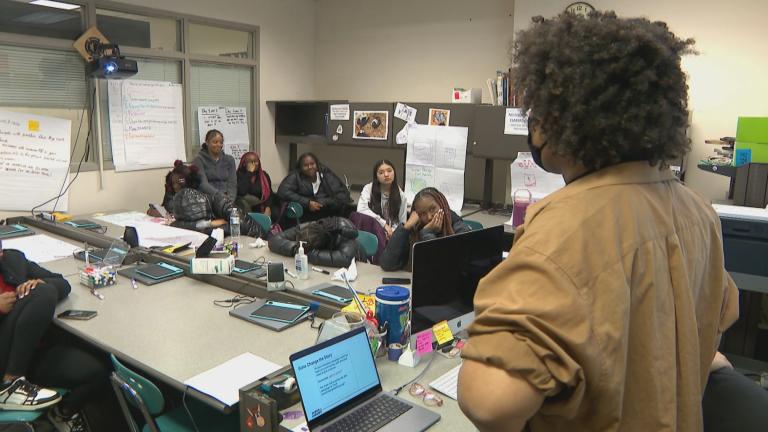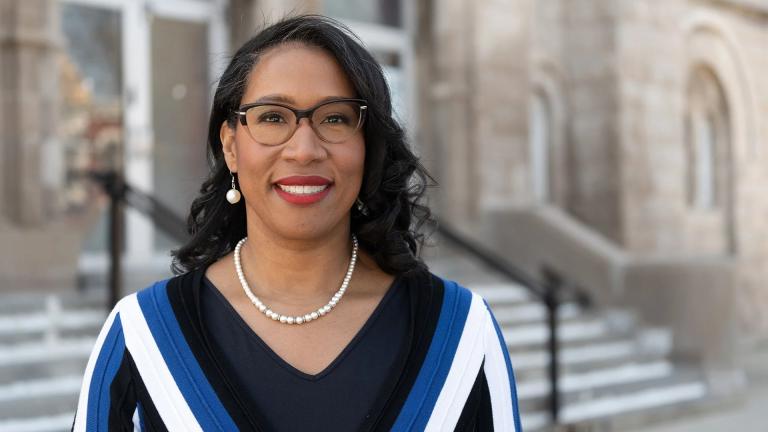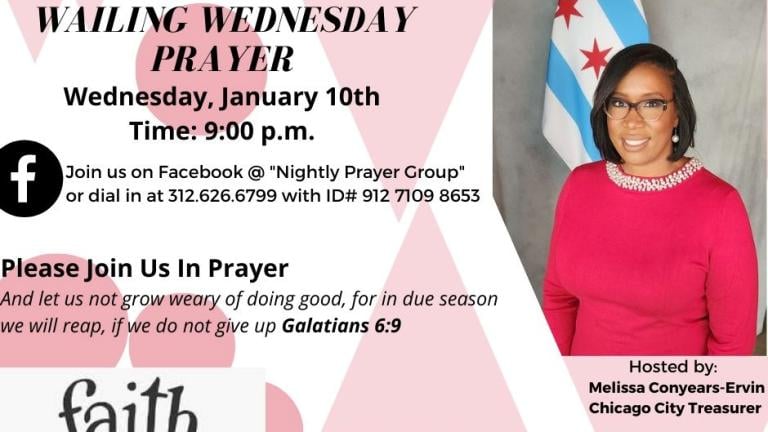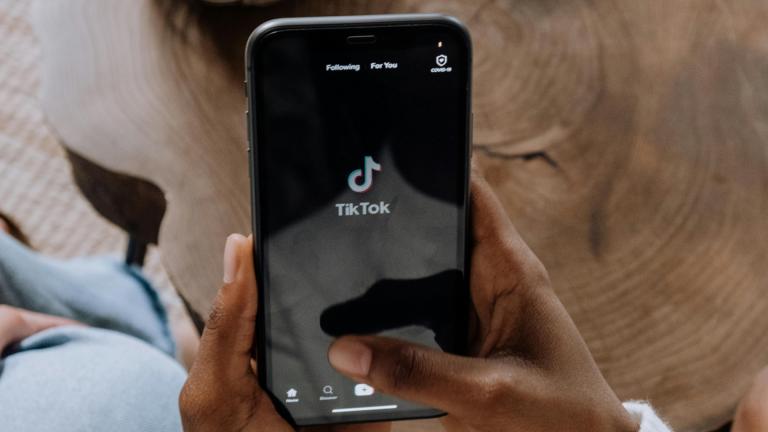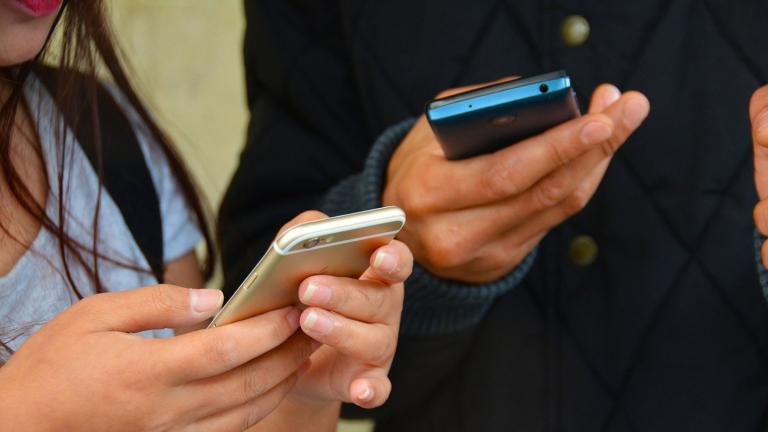President Donald Trump is no longer allowed to post on several social media platforms.
On Thursday, Facebook and Instagram banned the president’s accounts at least until the end of his term. A day later, Twitter permanently suspended the @realDonaldTrump account.
What role do social media companies have in regulating speech on their platforms?
“I am a huge proponent of free speech and the First Amendment, I believe that is an essential cornerstone of democracy,” said Sinan Aral, the David Austin Professor of Management, Marketing and IT at the Massachusetts Institute of Technology. “But you can’t yell fire in a crowded theater.”
In a statement released Friday, Twitter said it permanently suspended Trump’s account “due to the risk of further incitement of violence.”
Aral thinks the company was late to react, banning Trump on some more innocuous tweets when his prior content might have been more indecent. However, he said the suspension also has a symbolic effect.
“I think it could change the nature of how we see information on social media moving forward,” Aral said. “Especially in regards to misinformation and incitement.”
The decisions from Facebook and Twitter also bring up the question of how much power these companies should have. Genevieve Lakier, an assistant professor of law at the University of Chicago Law School, said these companies didn’t think they’d be the speech police when they started out.
“It’s wrong to say any First Amendment rights were violated here,” Lakier said. “But it’s not wrong to say, going forward, what does it mean to the diversity and vitality of our public sphere to give profit-oriented private companies so much power to regulate speech.”


